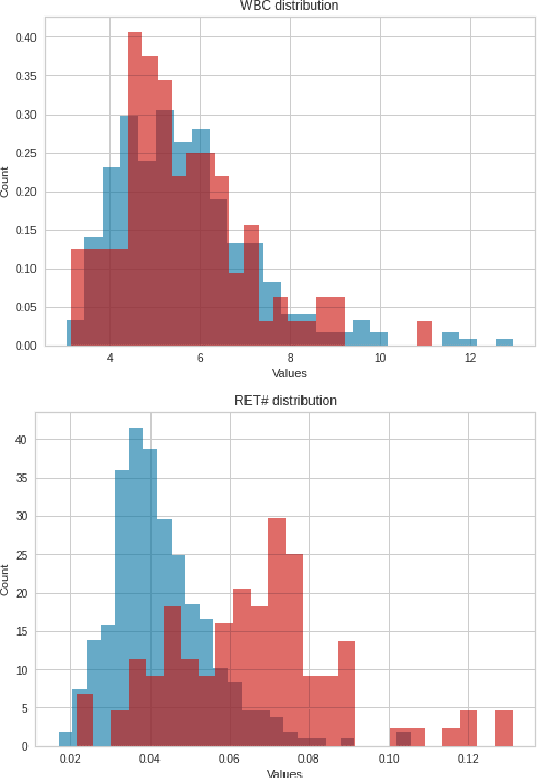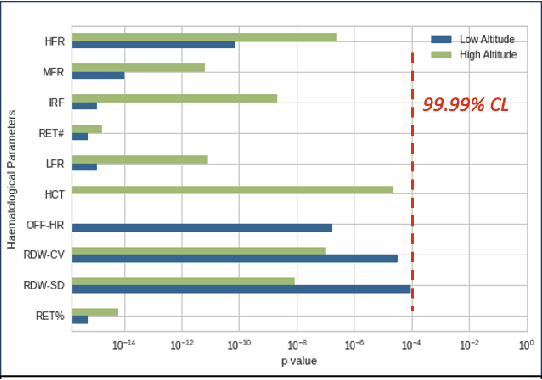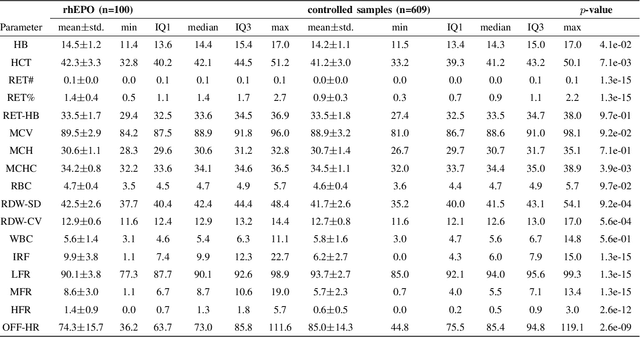Maxx Richard Rahman
DiGAN: Diffusion-Guided Attention Network for Early Alzheimer's Disease Detection
Feb 02, 2026Abstract:Early diagnosis of Alzheimer's disease (AD) remains a major challenge due to the subtle and temporally irregular progression of structural brain changes in the prodromal stages. Existing deep learning approaches require large longitudinal datasets and often fail to model the temporal continuity and modality irregularities inherent in real-world clinical data. To address these limitations, we propose the Diffusion-Guided Attention Network (DiGAN), which integrates latent diffusion modelling with an attention-guided convolutional network. The diffusion model synthesizes realistic longitudinal neuroimaging trajectories from limited training data, enriching temporal context and improving robustness to unevenly spaced visits. The attention-convolutional layer then captures discriminative structural--temporal patterns that distinguish cognitively normal subjects from those with mild cognitive impairment and subjective cognitive decline. Experiments on synthetic and ADNI datasets demonstrate that DiGAN outperforms existing state-of-the-art baselines, showing its potential for early-stage AD detection.
RAG for Effective Supply Chain Security Questionnaire Automation
Dec 18, 2024



Abstract:In an era where digital security is crucial, efficient processing of security-related inquiries through supply chain security questionnaires is imperative. This paper introduces a novel approach using Natural Language Processing (NLP) and Retrieval-Augmented Generation (RAG) to automate these responses. We developed QuestSecure, a system that interprets diverse document formats and generates precise responses by integrating large language models (LLMs) with an advanced retrieval system. Our experiments show that QuestSecure significantly improves response accuracy and operational efficiency. By employing advanced NLP techniques and tailored retrieval mechanisms, the system consistently produces contextually relevant and semantically rich responses, reducing cognitive load on security teams and minimizing potential errors. This research offers promising avenues for automating complex security management tasks, enhancing organizational security processes.
LLMRS: Unlocking Potentials of LLM-Based Recommender Systems for Software Purchase
Jan 12, 2024Abstract:Recommendation systems are ubiquitous, from Spotify playlist suggestions to Amazon product suggestions. Nevertheless, depending on the methodology or the dataset, these systems typically fail to capture user preferences and generate general recommendations. Recent advancements in Large Language Models (LLM) offer promising results for analyzing user queries. However, employing these models to capture user preferences and efficiency remains an open question. In this paper, we propose LLMRS, an LLM-based zero-shot recommender system where we employ pre-trained LLM to encode user reviews into a review score and generate user-tailored recommendations. We experimented with LLMRS on a real-world dataset, the Amazon product reviews, for software purchase use cases. The results show that LLMRS outperforms the ranking-based baseline model while successfully capturing meaningful information from product reviews, thereby providing more reliable recommendations.
AI-based approach for improving the detection of blood doping in sports
Feb 09, 2022



Abstract:Sports officials around the world are facing incredible challenges due to the unfair means of practices performed by the athletes to improve their performance in the game. It includes the intake of hormonal based drugs or transfusion of blood to increase their strength and the result of their training. However, the current direct test of detection of these cases includes the laboratory-based method, which is limited because of the cost factors, availability of medical experts, etc. This leads us to seek for indirect tests. With the growing interest of Artificial Intelligence in healthcare, it is important to propose an algorithm based on blood parameters to improve decision making. In this paper, we proposed a statistical and machine learning-based approach to identify the presence of doping substance rhEPO in blood samples.
 Add to Chrome
Add to Chrome Add to Firefox
Add to Firefox Add to Edge
Add to Edge